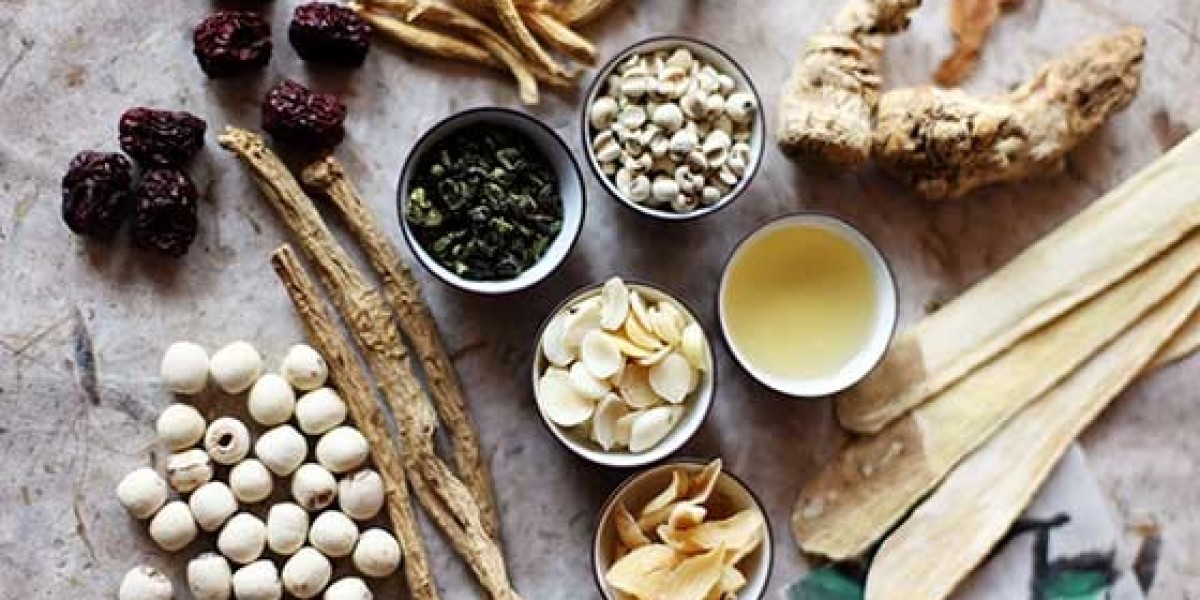More and more patients with type 2 diabetes choose traditional Chinese medicine treatment without considering the potential toxicity of traditional Chinese medicine. In the English literature, there are limited studies on the efficacy and adverse reactions of Chinese traditional medicine in the treatment of type 2 diabetes. This review evaluates the evidence of effectiveness according to the Cochrane Intervention System Evaluation Manual, discusses adverse reactions and quality control, and reviews the English literature on Chinese herbal medicine treatment of type 2 diabetes and other interventions according to the original Chinese literature. In practice, it will provide valuable research design information for the future research of Chinese medicine treatment of diabetes.
The purpose of this review is to evaluate the efficacy and safety of traditional Chinese medicine in the treatment of type 2 diabetes. The research and reports on the efficacy of traditional Chinese medicine in controlling glycated hemoglobin and blood sugar levels, insulin resistance levels, and clinical symptom scoring in traditional Chinese medicine are mostly in China, while there are few English studies abroad. This study included 55 Chinese literatures and 3 English literatures (58 in total, 6637 patients with type 2 diabetes). All inclusion studies of Chinese literature have been translated into English and included in "Table 2: Characteristics of Inclusion Studies" (available in the online version of the article). Out of 58 trials, there were 5 different comparisons involving 132 herbs, with trial periods ranging from 8 weeks to 1 year. This review did not conduct a meta-analysis because different treatment methods were mixed and compared, and most of the included research results were too diverse, and most individual studies had biases. There is no general statistical data on the average rate of change in primary outcomes in this review, as there is not enough information in many included studies to provide this summary. This is also the reason why this review was not included in the meta-analysis.
The overall results indicate that the use of Chinese herbal medicine alone or in combination with other Western hypoglycemic drugs or lifestyle changes is associated with a decrease in glycated hemoglobin and blood sugar levels, blood lipids, BMI, and traditional Chinese medicine clinical symptom scores. However, there is no clear description of how to measure insulin resistance. Fourteen trials recruited insulin resistant patients with type 2 diabetes, and combined Chinese herbal medicine with other drugs or lifestyle interventions. The results showed that traditional Chinese medicine could enhance the efficacy of other drugs in the treatment of type 2 diabetes by improving insulin sensitivity.








